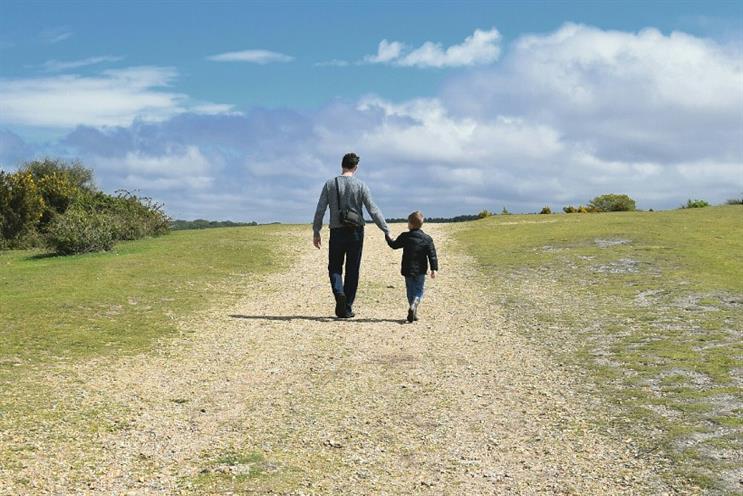
The long consumer boom of Tony Blair seems a hazy dream. Back then, we worried about house prices and running out of sun dried tomatoes. The Great Crash of 2008 came as an almighty shock. Ebola, climate change, migration and terror attacks have left us fearful. We are all Charlie.
And now we have the appalling events of Paris. Contagion - whether financial, pandemic or ideological - is a pervasive metaphor of our times. How do we stop these sudden outbreaks, spreading like a plague? You never see it coming, until it’s too late.
As we enter the Age of Ideals, people will expect brands to go further. Not just to make idealistic gestures, but to act on them
But crisis forces us to stop and think. An unexpected consequence is that people ask the big questions. What do I value? What’s the good life? And in some cases, what's it all mean? New cultural ideas are born from ontological uncertainty, and there are few bigger than these.
Crisis Has Triggered A resurgence of old–fashioned values: self–reliance, hard work, thrift, and community service. More than that, people want more meaning in their lives. The trinkets and baubles have lost their sheen. We want brands to be true to their ideals, making me and my loved ones’ life better. And for millenials, help me unlock the power of my beliefs
At Ogilvy, we think brands don’t need big ideas, but big ideals. They need to answer the simple but vexing question, how do I make the world a better place? This is Not altruism. Brands with ideals tend to outperform the market, grow share and are more preferred.
±±ľ©Čüłµpk10s with ideals
±±ľ©Čüłµpk10s with ideals were big hits this year in Cannes. Always #LikeAGirl made us realise how three little words harm young women. (You could argue ‘be a man’ is just as damaging.) Volvo’s Life Paint was designed to save the lives of cyclists. Who can forget the world’s most effective campaign, the Ice Bucket Challenge, where one good deed deserved another.
One company leading the way is Philips. For Philips, innovation must improve the life of the user, their community and the environment (through the circular economy). You don’t give a city LEDs if they leave the lights on all day, harming the planet. You give them smart LEDs that turn off when people aren’t around. Deep systemic change is meaningful.
Recently, Philips celebrated this belief in a project with Gareth Malone, who formed a choir of 18 people with breathing difficulties. The Philips SimplyGo Mini portable oxygen concentrator enabled them to put on a show at the Apollo Theater, Harlem.
But this is just the start. As we enter the Age of Ideals, people will expect brands to go further. Not just to make idealistic gestures, but to act on them.
Not just to help individuals, but work for the collective good. This is a powerful challenge to selfish capitalism, memorably called Affluenza by Oliver James. It means you can’t just look after your own customers, if it causes harm to others. Contagion has taught us we are interconnected. It seems we’re in it together, after all. Idealism is a team sport.



.jpg)
.jpeg)
